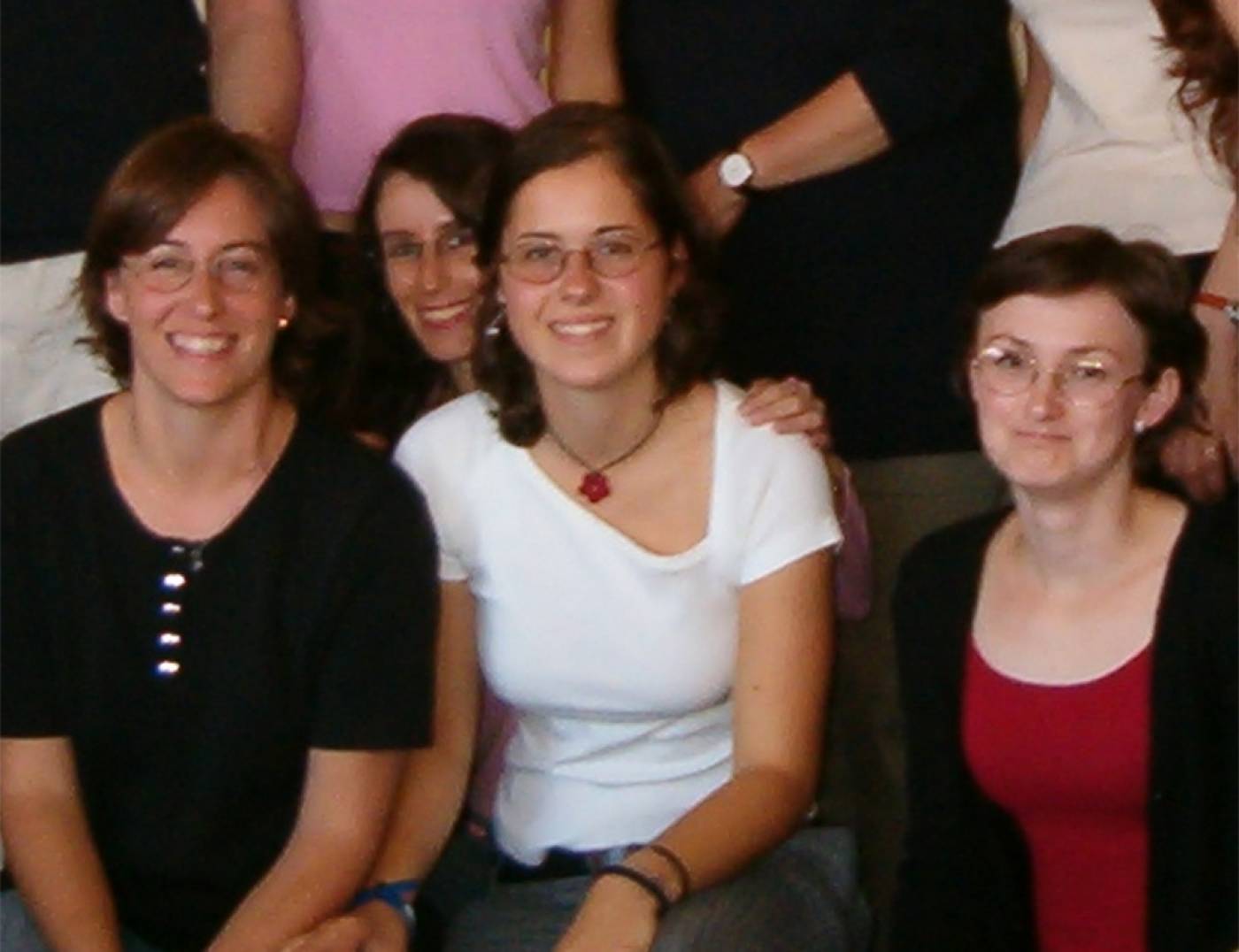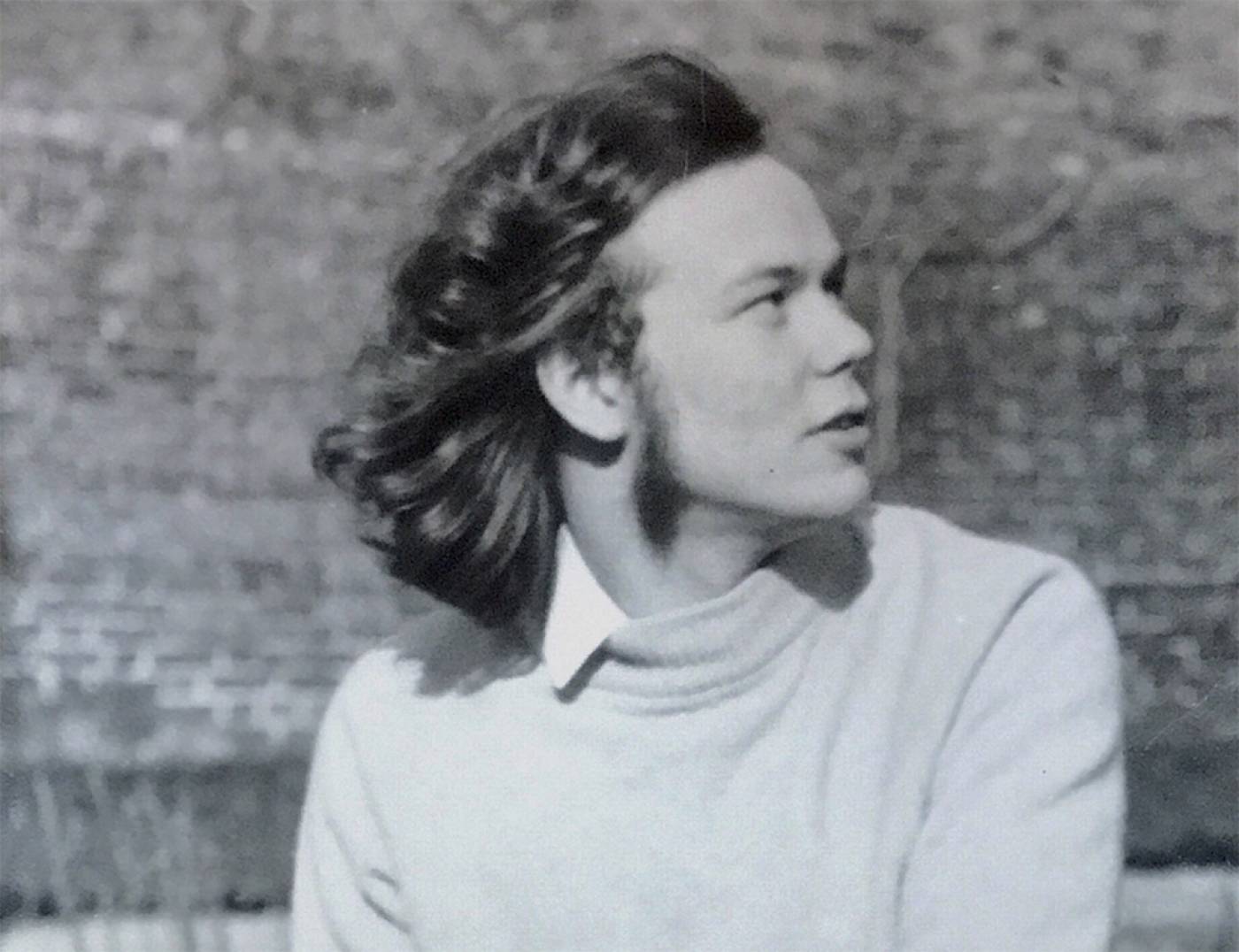A student survival guide: advice from UCL academics #3
7 June 2017
Meeting deadlines, adjusting to new surroundings, navigating relationships - just some of the challenges that can often make life as a student feel like a bit of a rollercoaster.
 Check out our third round of advice from UCL academics, based on their own experiences of being a student at university, which could help make the ride a little smoother.
Check out our third round of advice from UCL academics, based on their own experiences of being a student at university, which could help make the ride a little smoother.
1. Don't get obsessed with marks!
My first bit of advice is: don't get involved with TV quizzes. They only make you look silly. For a long time, I worried that my academic results would be no better than my starting score in University Challenge - zero. But in the end that wasn't true. So my second bit of advice is: don't get obsessed with coursework marks. Just read as much as you can about subjects you find stimulating and write about them in a direct, interesting way. Your enthusiasm will communicate itself to the examiners, and the results will look after themselves.
- Professor Simon Dixon (UCL School of Slavonic and East European Studies), studied History at the University of Cambridge
2. Make the most of the whole university experience

Your time at university as a student is unique and happens only once in your life. My experience was good, but if I had to do it again, I would change my level of engagement with activities apart from books, classes and assignments during the first years. Of course you have to study, but do not forget that at university you are not only building yourself up as a professional for the future, but also a complete person in all aspects - a completely happy individual learns academic stuff, but also goes out, meet friends and has lots of fun. During my first two years as an undergraduate student, I was too focussed on my degree, but from my third year (my degree lasted for six years), I relaxed a bit and started to improve my personal life… Believe it or not, my academic performance improved a lot!
- Dr Susana Lopez-Querol (UCL Civil, Environmental and Geomatic Engineering), studied Civil Engineering at the Technical University of Madrid (pictured bottom-left)
3. Broaden yourself beyond your own subject

Universities are full of people studying an amazing range of subjects, so get them talking about them. In the bar, over dinner, chat and find out about engineering, philosophy, law, economics, history of art, politics, Anglo-Saxons, computing, or whatever. Read broadly as well - Penguin publishes books that have influenced thinkers for millennia; in my first year, I remember discovering Thomas More's Utopia, Dostoievsky, Orwell's Collected Essays, Journalism and Letters, and so on. Also remember activities outside the university - as a PhD student, I discovered evening classes in screen-printing, bookbinding, and then life-drawing. Research is craft and science, involving hands and brains, making and thinking. So take the broad opportunities available and put the universal into university.
- Professor Chris McManus (UCL Medical School and UCL Psychology and Language Sciences), studied Medicine and Psychology at the Universities of Cambridge and Birmingham
View 'A student survival guide: advice from UCL academics #1'
View 'A student survival guide: advice from UCL academics #2'
 Close
Close

